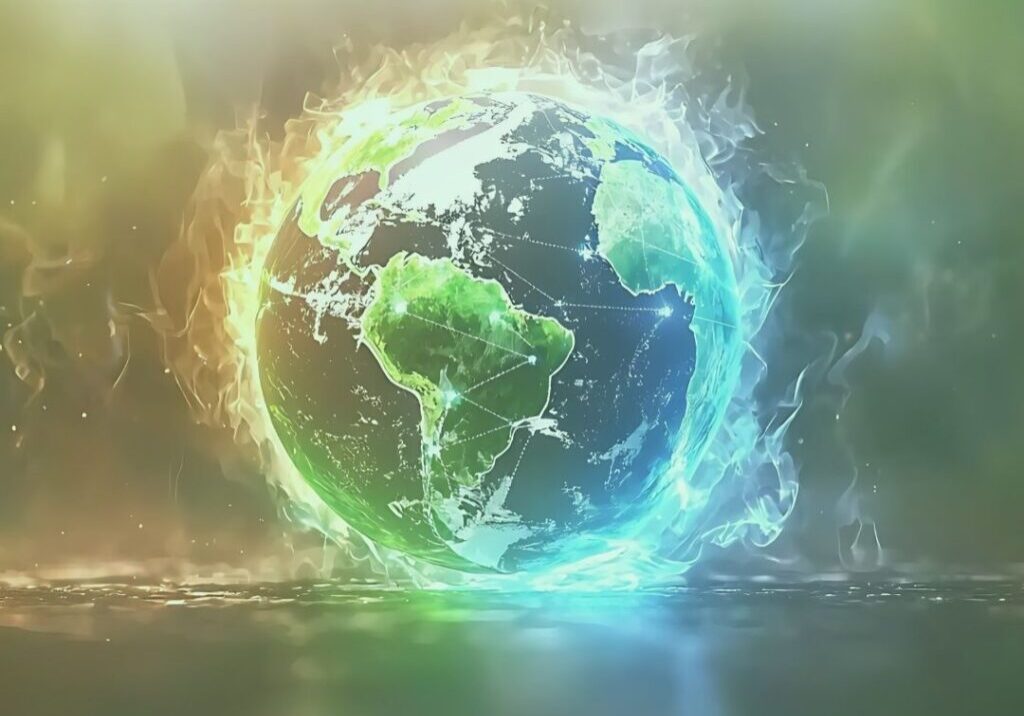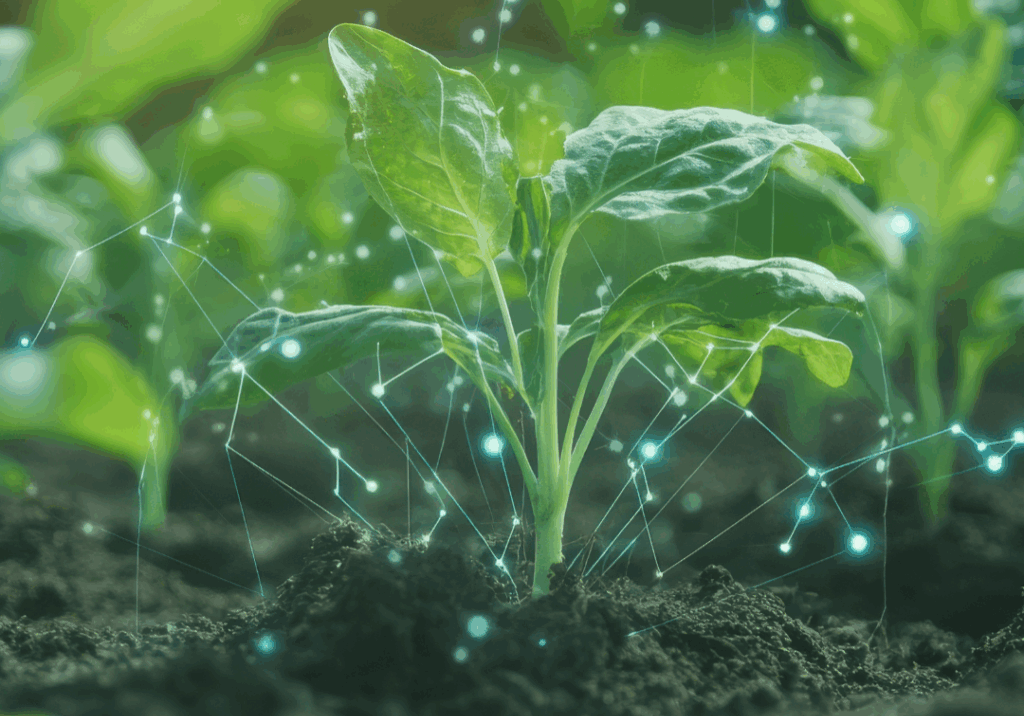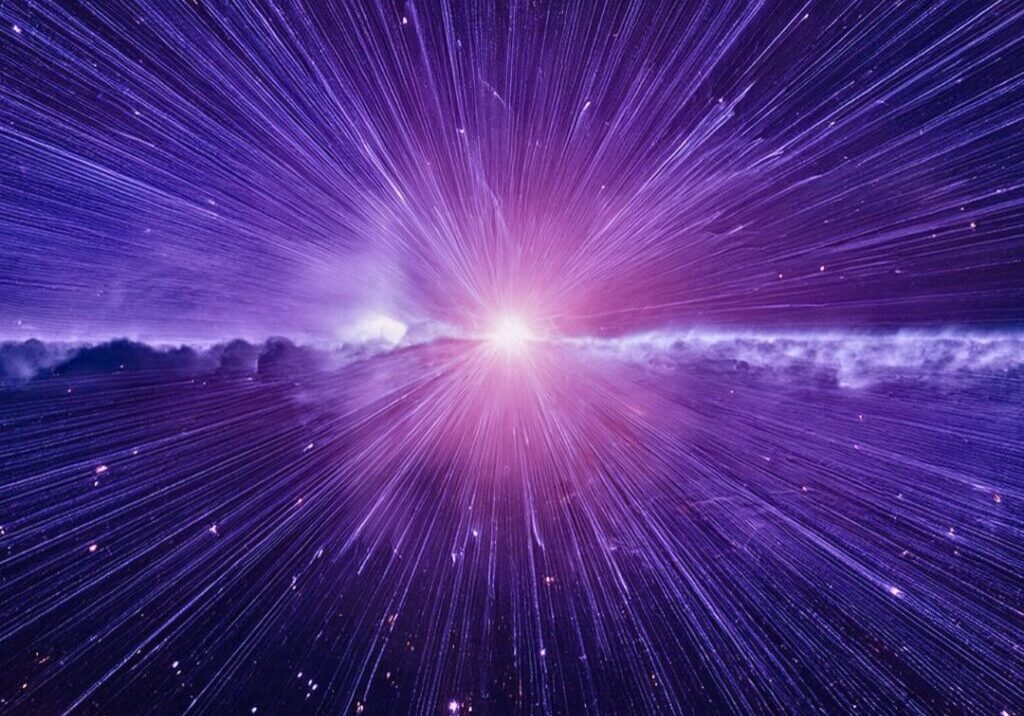Love, Hope, And The Cosmic Future
“But the greatest of these is love.”
When I was in graduate school in the late 1960s, I came across the following passage from Jürgen Moltmann’s new book Theology of Hope:
“From first to last, and not merely in the epilogue, Christianity is . . . hope, forward looking and forward moving, and therefore also revolutionizing and transforming the present. [Hope] is not one element of Christianity, but it is the medium of Christian faith as such, the key in which everything in it is set, the glow that suffuses everything here in the dawn of an expected new day. . . . Hence [hope] cannot really be only a part of Christian doctrine. Rather, [hope] is characteristic of all Christian proclamation, of every Christian existence and of the whole Church. There is therefore only one real problem in Christian theology . . .: the problem of the future” [my emphases and elisions].
To this day I believe that Moltmann, whose prolific writings still make him the greatest contemporary theologian of hope, is right on target in his understanding of what is most essential to Christian faith. His powerful writings still move me and many others. Yet it was not through reading Moltmann that I first came to embrace hope and “the coming of the future” as the main theme of my subsequent theological efforts. It was through my studying the works of the Jesuit geologist and paleontologist Pierre Teilhard de Chardin (1881-1955).
A year or so before reading Moltmann I had already embarked on a life of wrestling critically with Teilhard’s vision of the world, and it was he who first convinced me many years ago that Christian faith is fundamentally about the future. The future he pointed to, however, is not just the final state of the individual soul or the goal of human history. More fundamentally, it is the future of the universe. The whole cosmos, Teilhard realized long before Moltmann, must be set in “the glow that suffuses everything here in the dawn of an expected new day.” Our personal hopes, Teilhard emphasized, also find their true ambience and fullest satisfaction only in company with the fulfillment of all things (what the Apostle Paul referred to as “the whole creation”).
Teilhard situates his evolutionary worldview inside the ancient Pauline intuition that the whole of creation is ordered toward the universal Christ, “in whom all things consist” (Col 1:1). Not unlike Paul, Teilhard’s spiritual life was a search for what he called consistence, that is, something that holds all things together. For a time, the scientist Teilhard wondered if the solidity of elemental matter might not be the unifying principle that keeps things from falling apart, as materialists still claim. However, he eventually came to realize that the more refined our analysis of matter becomes, and the farther back we look into the cosmic past with the tools of physical science, the more we discover that matter itself falls apart into bits, into de-coherence. A materialist interpretation of physical science, therefore, cannot unify the world or make it intelligible.
As he grew in both scientific and theological understanding, Teilhard increasingly realized that real coherence belongs to the world’s future not its past or present. The Pauline Christ, is for Teilhard the arrival of that future and, as such, the promise and center of the world’s emerging coherence.
Over the centuries, unfortunately, Christianity had lost the sense that our own redemption is tied up with the bringing to a head—anakephalaiosis (Ephesians 1:10 and, later, Irenaeus of Lyons)—of the whole universe. Teilhard, more than any other recent Christian thinker, has brought back the biblical sense that all of creation is destined for redemption and renewal. Hence, not just the human person but the whole universe “rests on the future as its sole support.”
Moreover, what theology had formerly idealized as the primacy of Spirit, gradually became for Teilhard the “primacy of the Future.” A good name for this Future is “God.” The idea that God comes from the future, of course, has long been associated with Abrahamic faith, but it took a Marxist philosopher (Ernst Bloch) and a creative young Christian theologian (Jürgen Moltmann) to remind us, in the 20th century, that the biblical God has future as God’s very essence. And although the human and cosmic future includes things that are not God, we may now think of God, in the words of the Catholic theologian Karl Rahner, as the world’s “Absolute Future.”
This does not mean that God is absent from the here and now. But God is present as a gracious horizon of “futurity” that keeps inviting the universe, in ways that are always mysterious, to keep moving deeper into the territory of the “not-yet.”  God acts not by forcing the world mechanically and coercively from behind, but by opening up the past and present to new modes of being from up ahead. God acts not by absorbing, dissolving, or overwhelming the present world, but by “going before” it as an endless reservoir of future opportunities for new being.
God acts not by forcing the world mechanically and coercively from behind, but by opening up the past and present to new modes of being from up ahead. God acts not by absorbing, dissolving, or overwhelming the present world, but by “going before” it as an endless reservoir of future opportunities for new being.
God humbly recedes into the future, we might say, empowering the world to exist presently as something distinct from God. But the “Power of the future,” as theologian Wolfhart Pannenberg calls God, is deeply incarnate in each present moment, generously opening it up to what is unprecedented and unpredictable. Divine creativity provides both the space and the stimulus for the whole universe to develop into something more and something new.
But what does all of this have to do with love?
The cosmos, and free human persons, as we all know, are subject to drifting back toward the state of disintegration. Although in giving rise to human consciousness the universe has attained a partial coherence and a limited self-consistence, its emerging unity can now be sustained only if free and conscious beings allow themselves to be further created, that is, brought into deeper relationship with one another and with all things. Love is the vital energy of this intercommunion. Love is the means by which the Power of the future holds all things together even now, opening up for each person, for each living community, and for the whole cosmos, the prospect of deeper consistence and richer coherence.
The universe, Teilhard came to realize, gives rise to living and conscious syntheses only by being drawn toward the future amidst “endless attempts and setbacks.” So, as the world becomes more alive and more conscious, there is always room for it to rise a little “farther above nothingness.” But it can do so only by constantly resisting the drift backward toward the scattered atomicity of the world’s remotest past. Cosmically speaking, love is the power that sustains everything but that also calls the universe toward a future of new and richer being.
If God’s love works by opening creation to a new future, then, our own vocation is similarly to open up a new future for everything and everyone we profess to love. Love flourishes most fully and effectively, therefore, only where there is a sustained—indeed intergenerational—expectation that something really big awaits all things up ahead.
In the intellectual world and contemporary cultures, however, it is often hard to find such expectation. And wherever there is despair about the cosmic future, love scarcely has a chance to survive, let alone prosper. Yes, cosmic pessimists may huddle together to find some comfort in the cold and dark of what they take to be a pointless universe, and perhaps their mutually shared feeling of warmth in the face of absurdity is a kind of love.  But can we fully love another person, Moltmann rightly wonders, unless we first allow that the other has a future? And can we fully love anything, Teilhard also asks, unless we see it in the dawn of an expected new day. Can we fully love Earth and its ecosystems, we may now ask, unless we assume that they too have a future?
But can we fully love another person, Moltmann rightly wonders, unless we first allow that the other has a future? And can we fully love anything, Teilhard also asks, unless we see it in the dawn of an expected new day. Can we fully love Earth and its ecosystems, we may now ask, unless we assume that they too have a future?
Yet how can we have such hope unless there is truth in the belief that, in some way, all things have a future? As we know from bitter experience and modern science, “all things” (to use Pauline terms) have not yet fully come to pass. The world has not yet reached its goal of future consistence, and so we need now to adopt a posture of hope to let love in a little. As long as our lives and the universe are still “on the way,” we cannot yet “have” love. Yet through hope we may allow Love–the Power of the future–to have us.
 View print-friendly version
View print-friendly version
1 Comments
Related Posts

The Earth Groans, AI Grows: Who Guides the Flame?
In this critical moment of planetary history, where ecosystems collapse, artificial intelligence proliferates, and human meaning trembles on the edge of uncertainty, we are faced with a profound question: What kind…


I sense that the evolution of consciousness, understood as the awakening of a deepening connection to a unified field of love, is the means by which the future reveals and fulfills itself in its unfolding. For me, an abundance of hope presences itself as I am by seized (taken/had) by what Teilhard suggested was the discovery of fire for the second time.